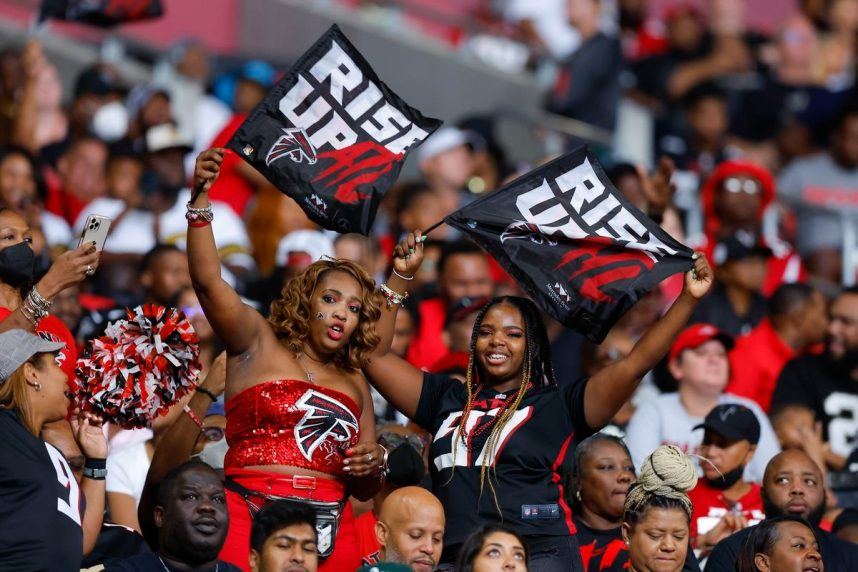Georgia Sports Betting Bill Passed Considered in State House
[ad_1]
Posted on: March 13, 2024, 09:31h.
Last updated on: March 13, 2024, 11:26h.
A Georgia sports betting bill passed by the state Senate in February finally received consideration this week in the state House of Representatives.

The Georgia Senate passed Senate Bill 386 with a 35-15 vote in early February. The legislation introduced by state Sen. Clint Dixon (R-Burford) would create up to 16 sports betting licenses.
Five licenses would be reserved for Georgia’s professional sports teams, including the NFL’s Atlanta Falcons, MLB’s Atlanta Braves, the NBA’s Atlanta Hawks, the WNBA’s Atlanta Dream, and MLS’ Atlanta United. Augusta National Golf Club, home to the Masters, the Professional Golfers’ Association (PGA) of America, and Atlanta Motor Speedway would additionally qualify for retail and online sports betting licenses. The Atlanta Lottery Corporation is also on the hook for sportsbook privileges.
The six remaining sportsbook opportunities would be for fully online operations and issued through a competitive bid. Gross sports betting revenue would be subject to a 20% state tax. Each license would cost $1 million a year. Applications cost a nonrefundable $100K.
Much Work Ahead
Georgia lawmakers in Atlanta have been considering sports betting bills since the start of their 2024 legislative session in early January. Dixon’s SB 386 is one of several bills lingering at the state Capitol.
Dixon’s bill initially sought to legalize sports gambling without a constitutional amendment presented to voters. Dixon believed sports betting could be considered a lottery game and fall under the scope of the state lottery.
Many senators disagreed and voted to include a provision in SB 386 requiring a statewide referendum to occur. While Senators mulled Dixon’s sports betting bill that originally sought to bypass voters, state Sen. Bill Cowsert (R-Athens) filed Senate Resolution 579.
SR 579 would ask voters in November if they wish to allow sports betting online and in person. If a simple majority backs the question, Georgia lawmakers would be cleared to craft and pass legislation to regulate the expanded gaming.
SB 386 received consideration this week in the House Higher Education Committee. The committee received the sports betting bill because it proposes allocating most of the sportsbook tax revenue to the state’s higher education program called HOPE, and pre-kindergarten programs.
Committee Chair Sen. Chuck Martin (R-Alpharetta) didn’t put SB 386 up for a vote during the committee’s consideration of the bill on Tuesday. He said the committee has much work to do to make sure SB 386 is a more favorable pathway than SR 579.
Sports Betting Opposition
Georgia is regularly ranked among the most religious states, with Pew Research reporting that almost seven in 10 residents consider themselves “highly religious.” Gambling doesn’t always mix with the highly religious, and there are plenty of faith leaders in the Peach State who believe legalizing sports betting is the devil’s work.
This kind of gambling is nothing more than state-sponsored predatory gambling,” Mike Griffin, public affairs representative for the Georgia Baptist Mission Board, wrote this week in an op-ed for The Christian Index. “Have you heard the saying, ‘Families that gamble together, stay together’? No.”
Griffin says legislative efforts to combat problem gambling such as SR 579, including a provision requiring part of the tax benefit to be directed to problem gambling programs, don’t work.
“There’s no amount of money that can be raised that will overcome the detriments of state-sponsored predatory gambling,” Griffin continued. “The facts and data have already been given before the U.S. Congress that show for every dollar raised in tax revenue from gambling, it costs another three to five dollars in social costs to the government and the taxpayer.”
[ad_2]
Source link
